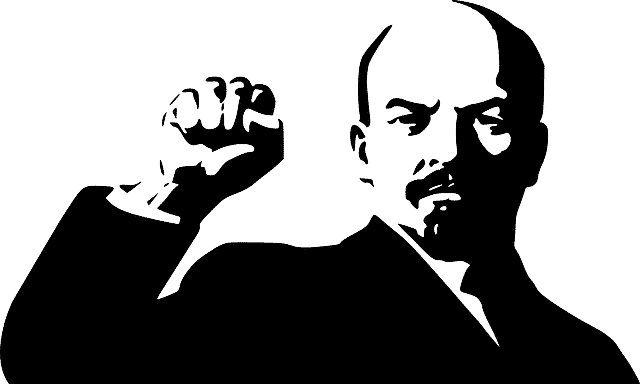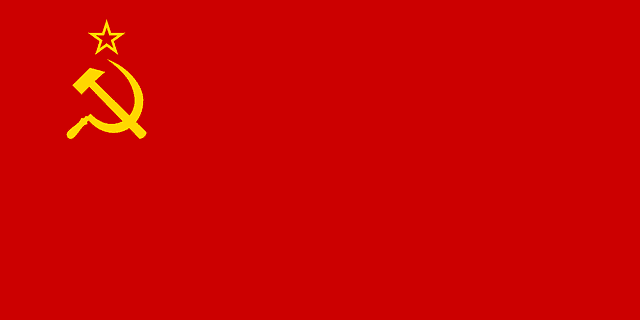
Lenin was the leader of the Bolsheviks.
The term Bolshevik comes from the French language, although its etymological origin is found in the Russian word bolshevik (which can be translated as "one of the majority" ). Bolshevik is the adjective used to describe that or that which is part of Bolshevism : the radicalized and majority movement of the Social Democratic Labor Party of Russia , which had Vladimir Lenin as its leader.
The Russian Social Democratic Labor Party was founded in 1898 from the union of several Marxist groups. In 1903 , when the second party congress was held, a split occurred. The Bolsheviks , that is, those who reached the majority, adhered to Lenin 's proposals on the need to establish a dictatorship of the proletariat, uniting workers and peasants to fight against autocracy. The Mensheviks (the minority), on the other hand, embraced the more moderate ideas of Yuli Martov .
Lenin's proposals
The division took place in 1903 at the Second Congress, which was held between London and Brussels. In this context, Lenin presented the following proposals:
* the revolution needed an instrument that would allow it to advance towards socialism , and this could be materialized through the struggle to ensure that salaried industrial workers took over political power instead of allowing it to continue to be in the hands of the bourgeoisie (this State is called the dictatorship of the proletariat );
* with the objective of ending the Russian autocracy, achieving the goals of the revolution regarding democracy and confronting the betrayal of the bourgeoisie, it was necessary for the peasants and the working class to ally themselves;
* Peasants were to receive plots of land once the latifundia, that is, large agricultural holdings, were liquidated;
* the nations that suffered oppression by Russia deserved to have their right to self-determination recognized, that is, to make decisions regarding their social, cultural and economic development, to define their structure freely and to choose their way of life. government;
* To be a member of a party it would be necessary to belong to one of its organizations;
* In order for the proletariat, allied with the classes that suffered the oppression of tsarism, to have political power, it was necessary for them to build a party. Democratic centralism , a method of organization characterized by the democratic election of certain bodies within a political party to be responsible for making decisions, was the basis on which they were based.

The government program of the USSR was based on the ideas of the Bolsheviks.
The Bolshevik faction to power
Little by little, the Bolsheviks and Mensheviks became more and more distant. In 1912 the Bolsheviks and Mensheviks finally separated. After the October Revolution of 1917 , socialism came to power at the hands of the Bolsheviks. Thus arose the Communist Party of Russia , dominated by the Bolsheviks, which imposed the government program.
Lenin (1870–1924) fue el líder de los bolcheviques y quien impulsó la revolution de 1917. También se convirtió en el principal dirigente de la Union of Soviet Socialist Republics, conocida por la initials USSR
The importance of Trotsky
Another important leader of the Bolsheviks was Leon Trotsky , who was actually first close to the Mensheviks and opposed Lenin , but later was a key actor in the 1917 revolution .
The elections for the members of the Assembly were held on November 25 of that year, and there the Bolsheviks obtained 24% of the votes, which is why they did not gain the power they sought. That same night, Lenin managed to invalidate the results and dissolve the Assembly, so that the Bolsheviks became the supreme authority.
